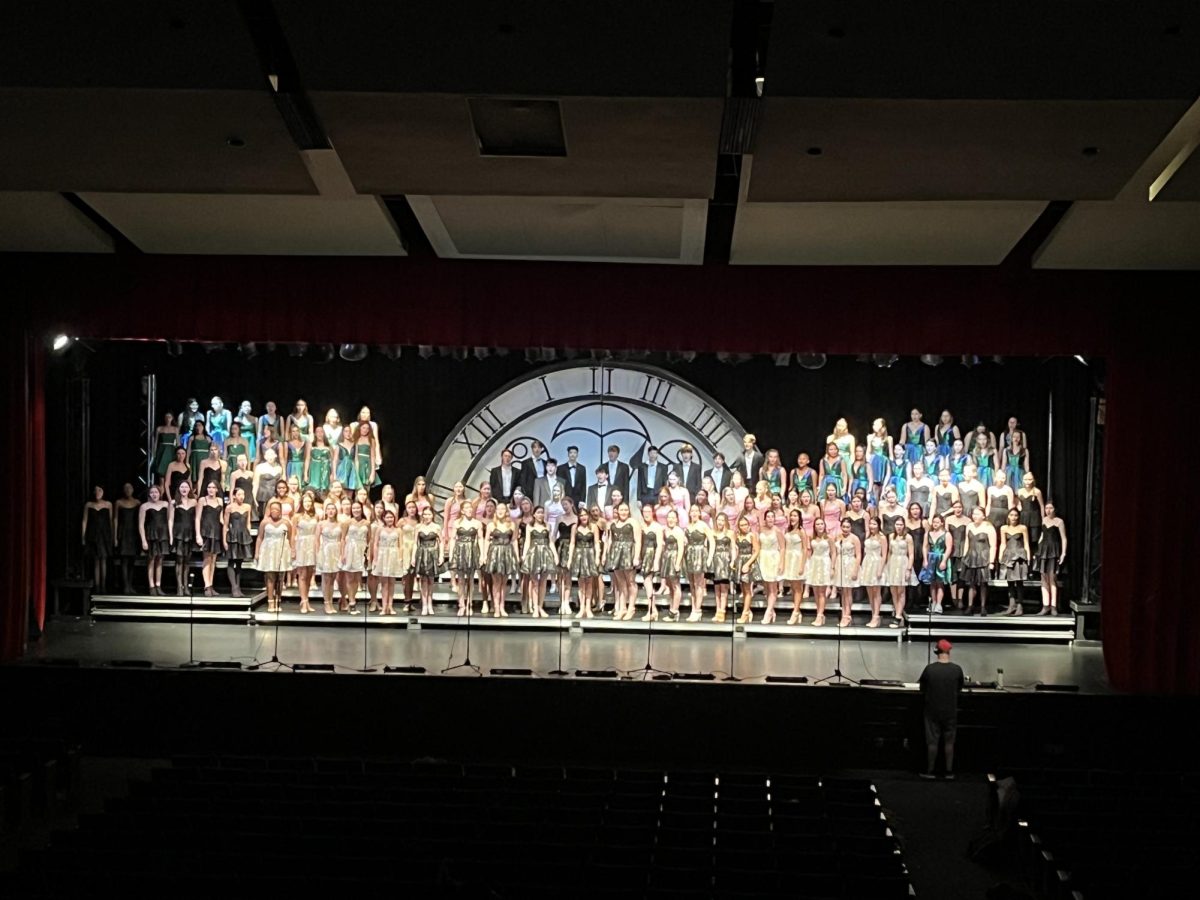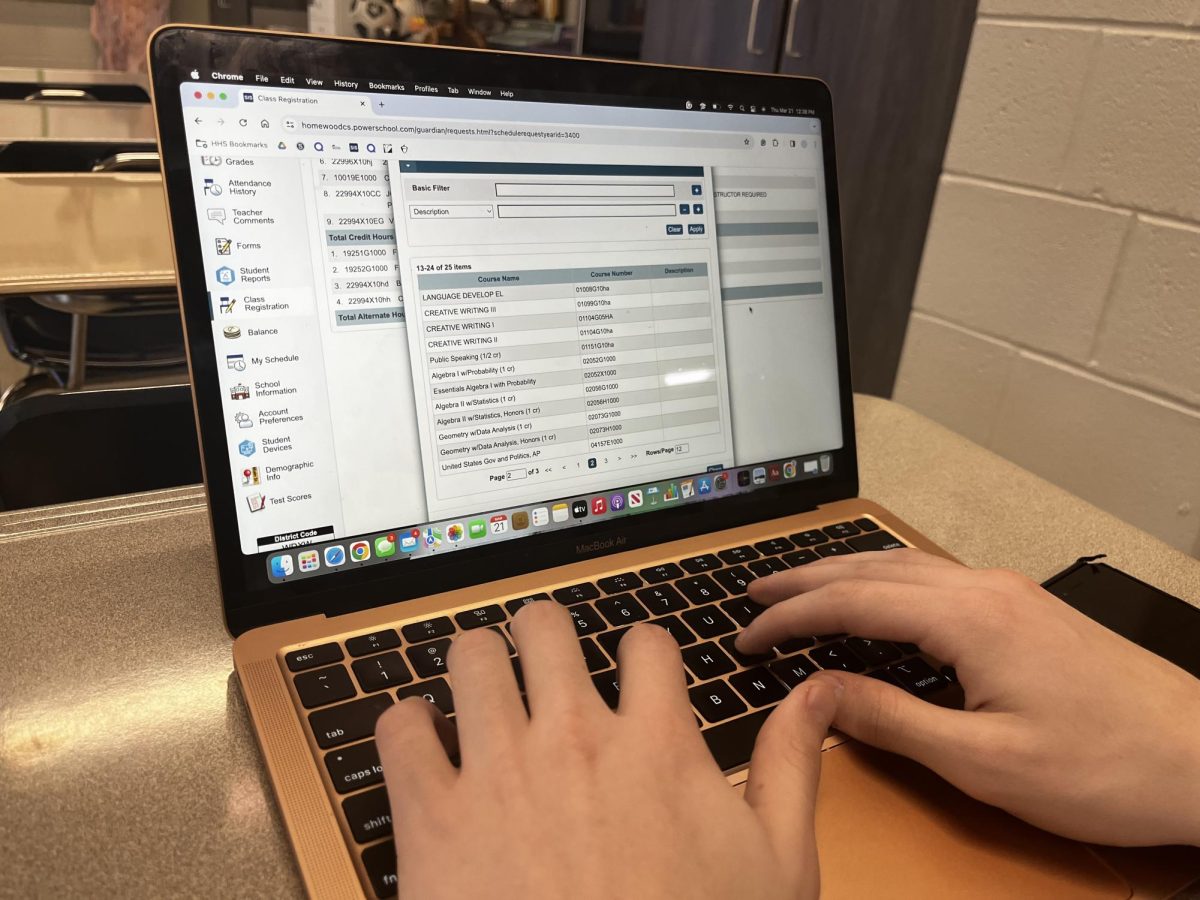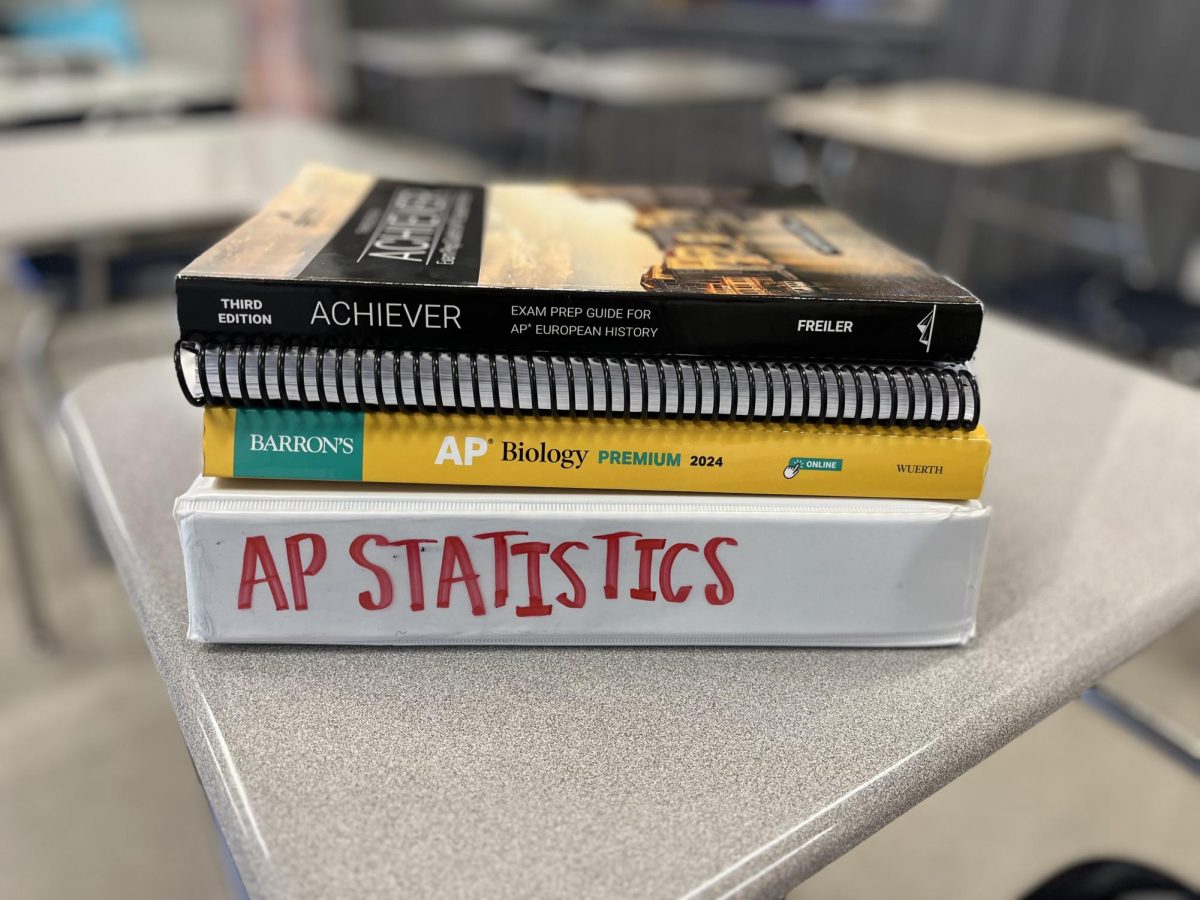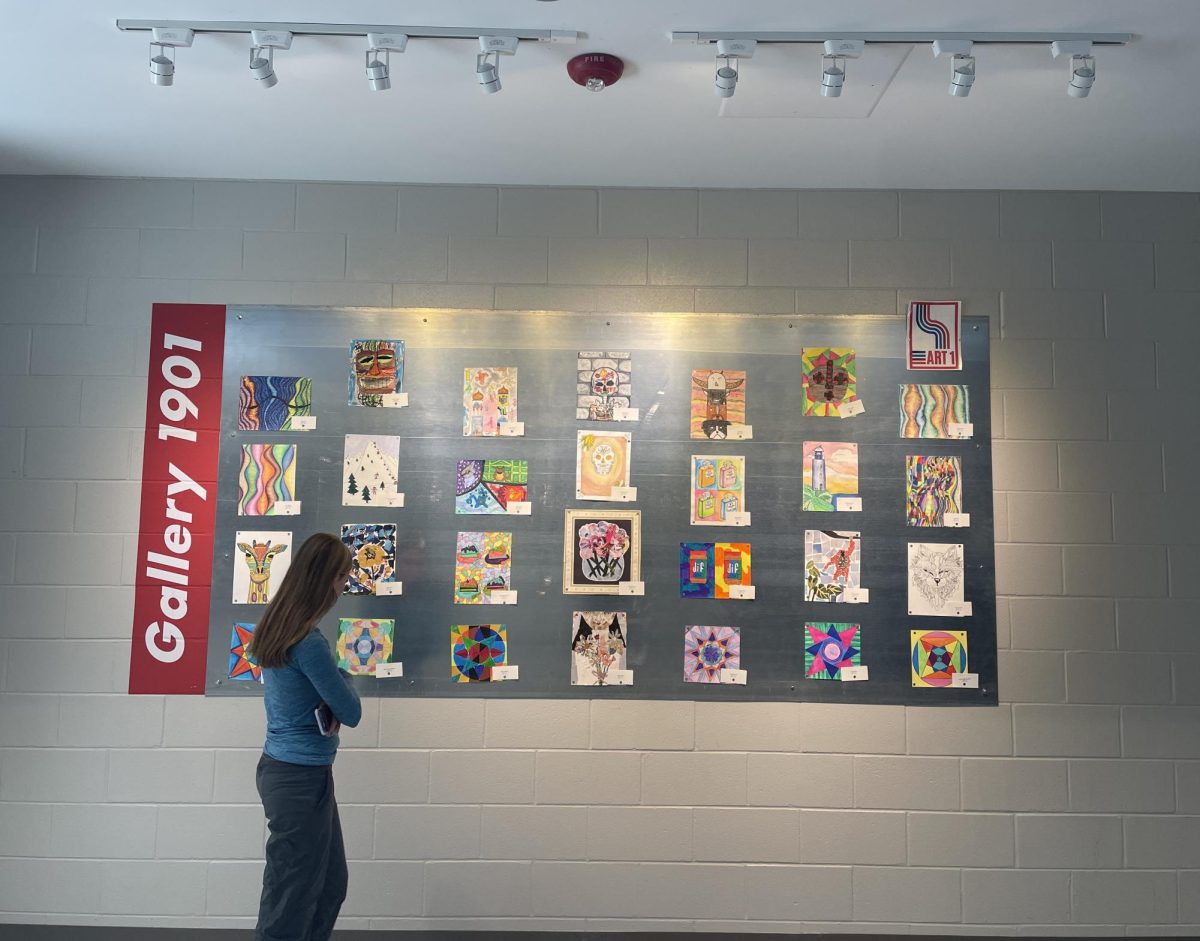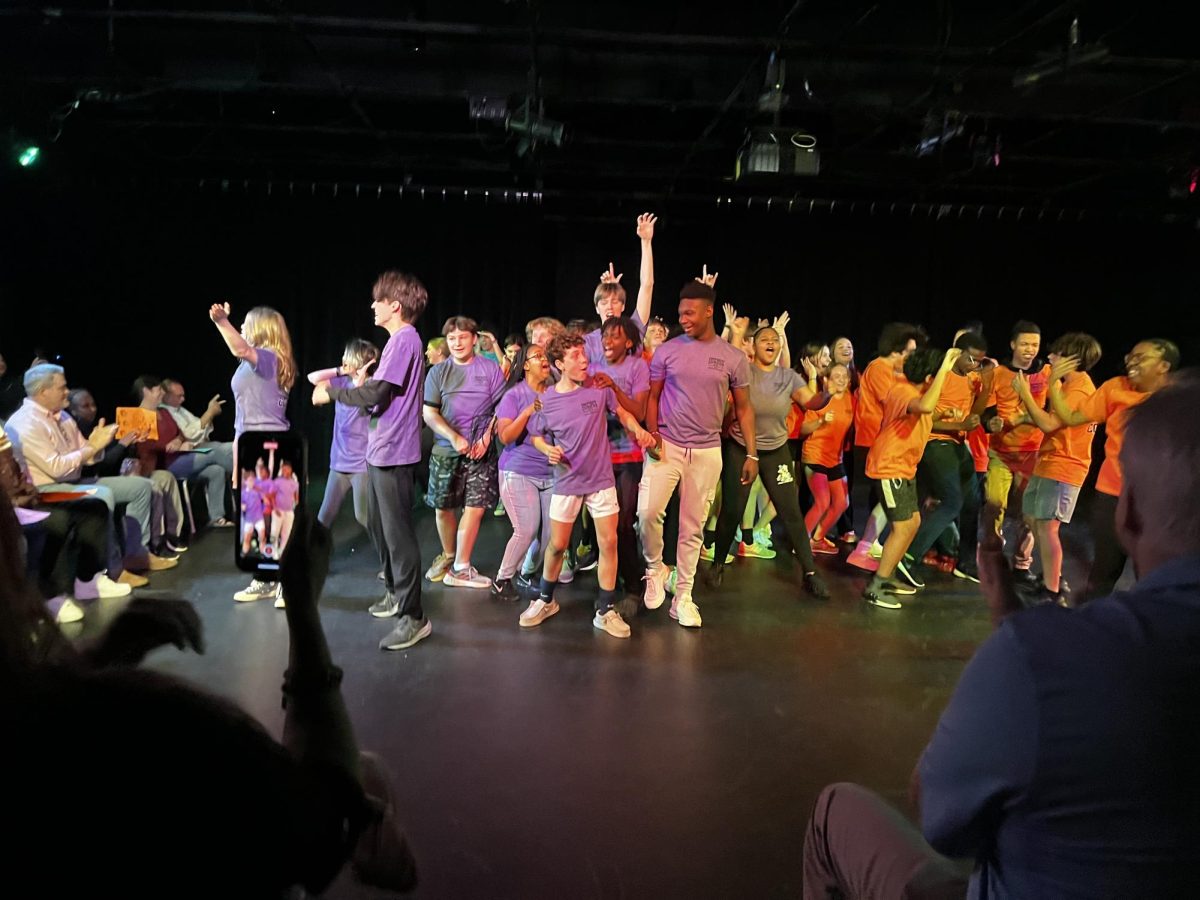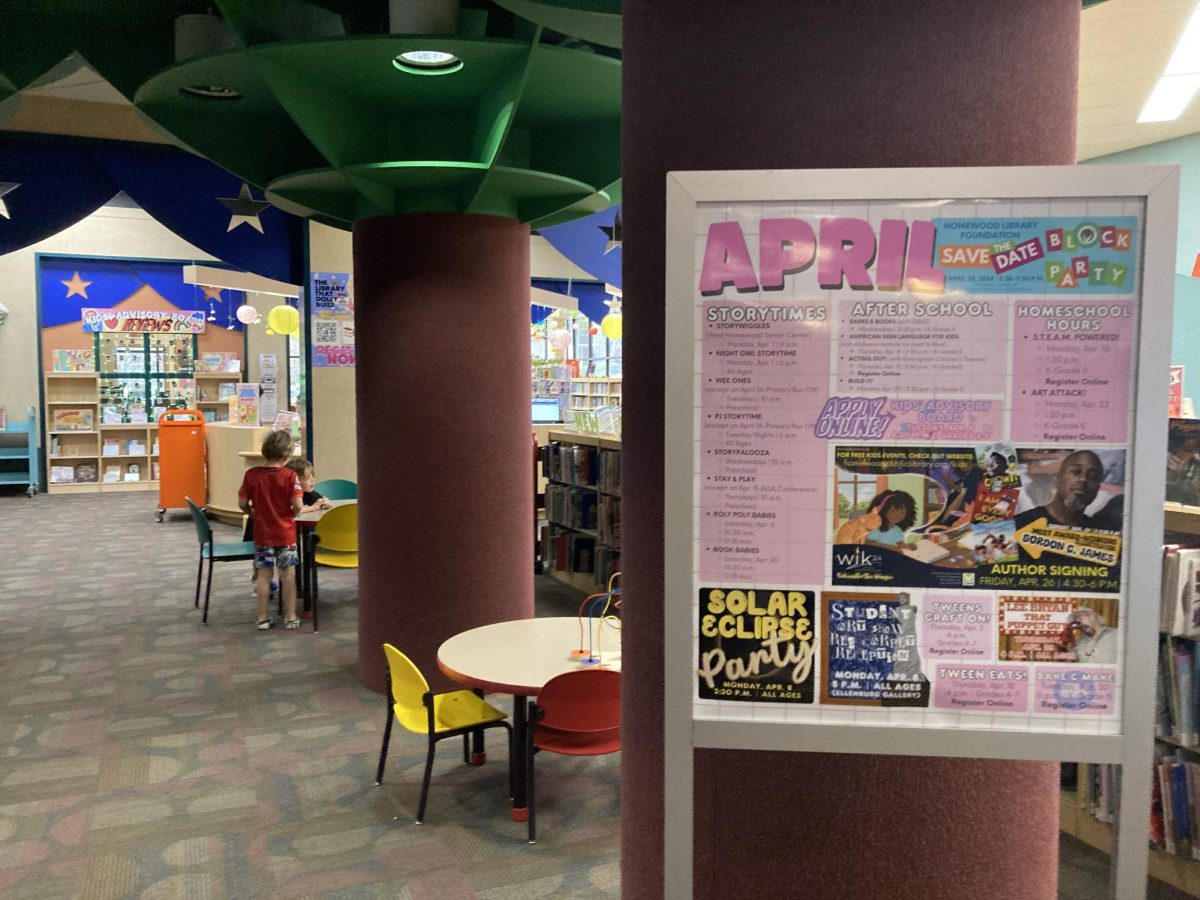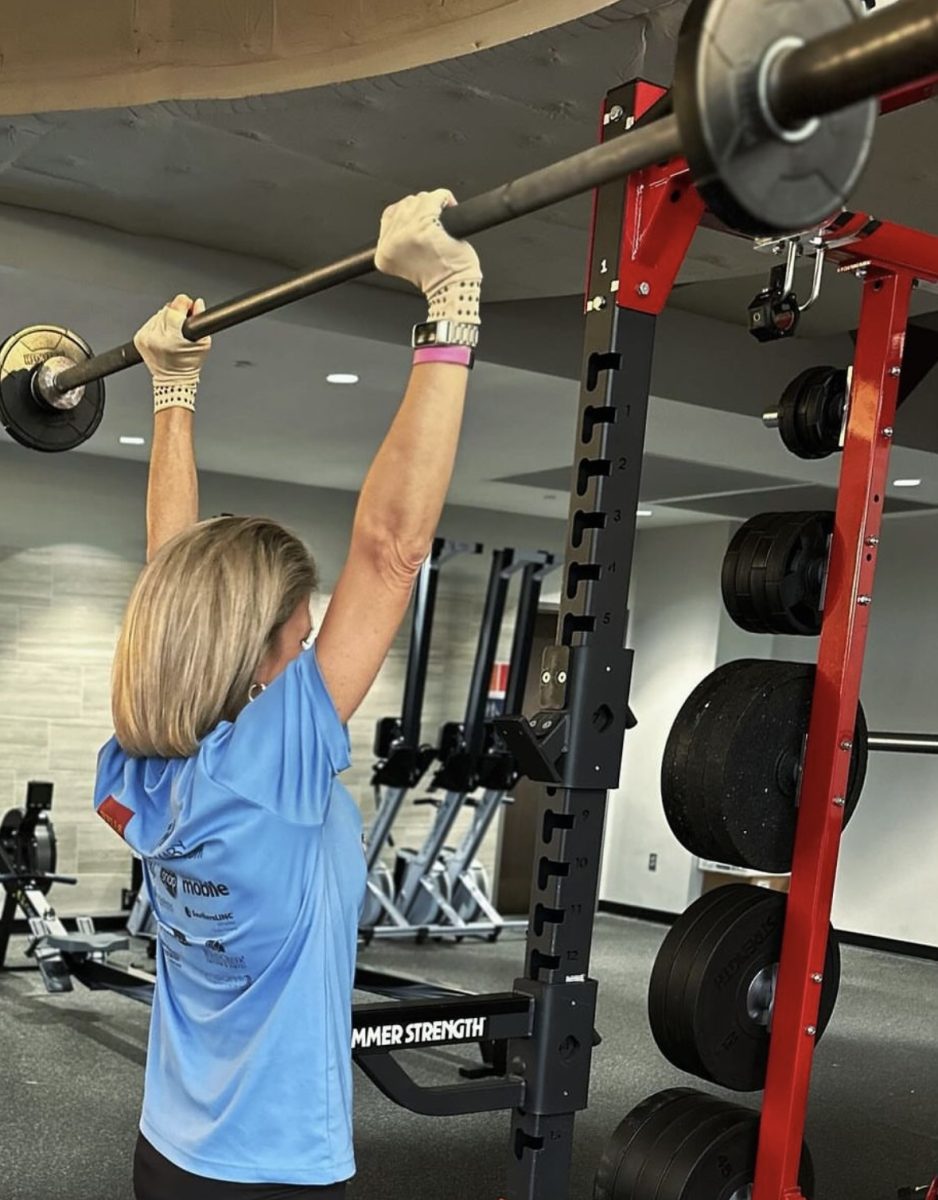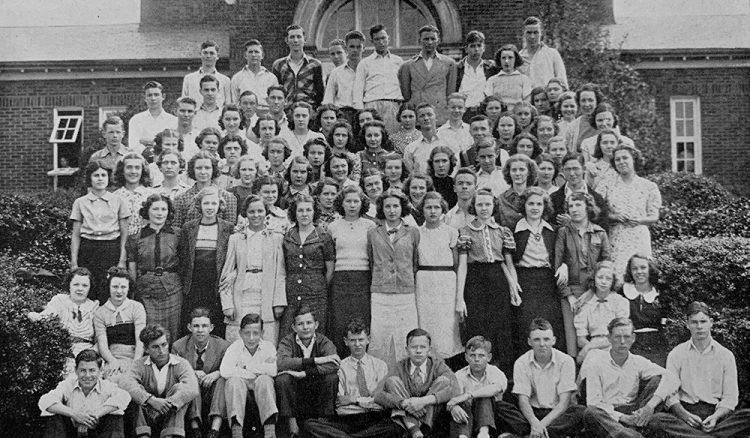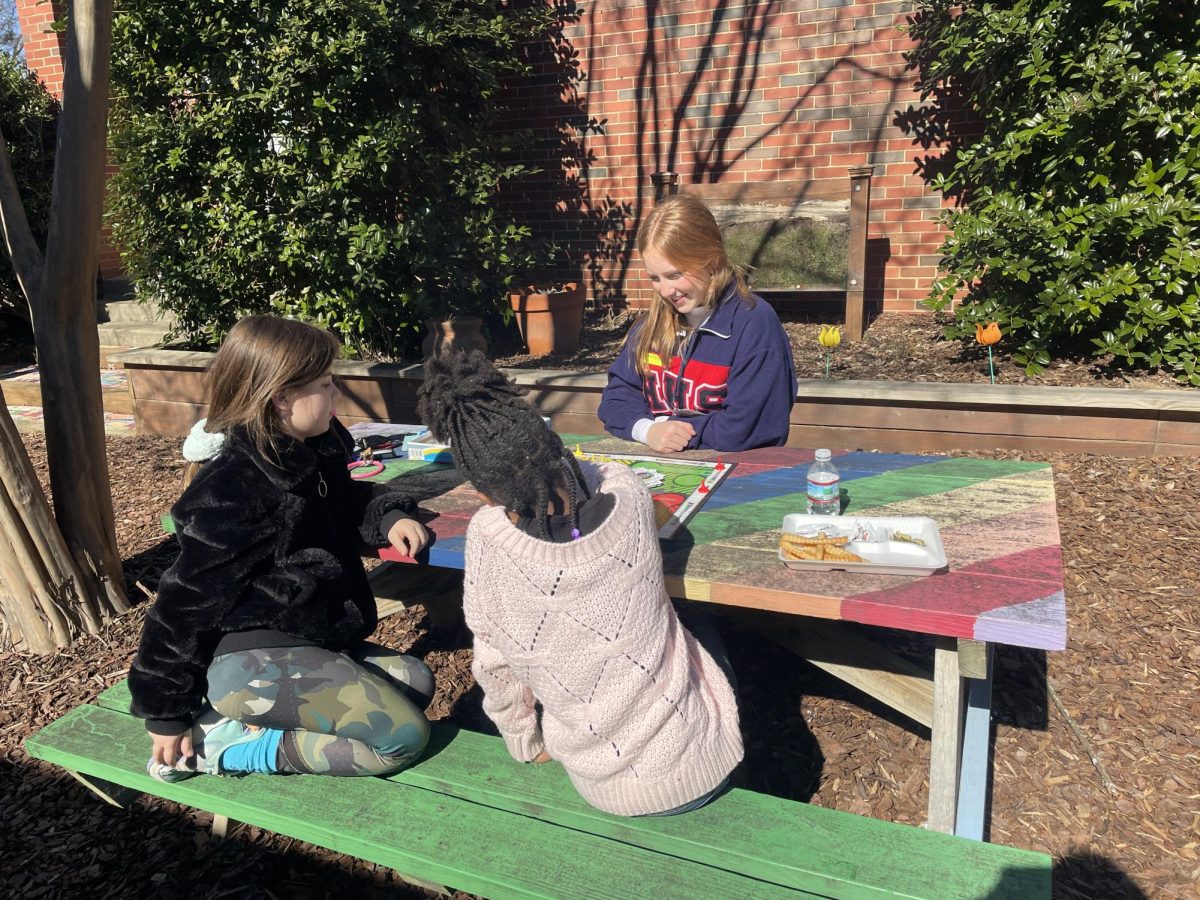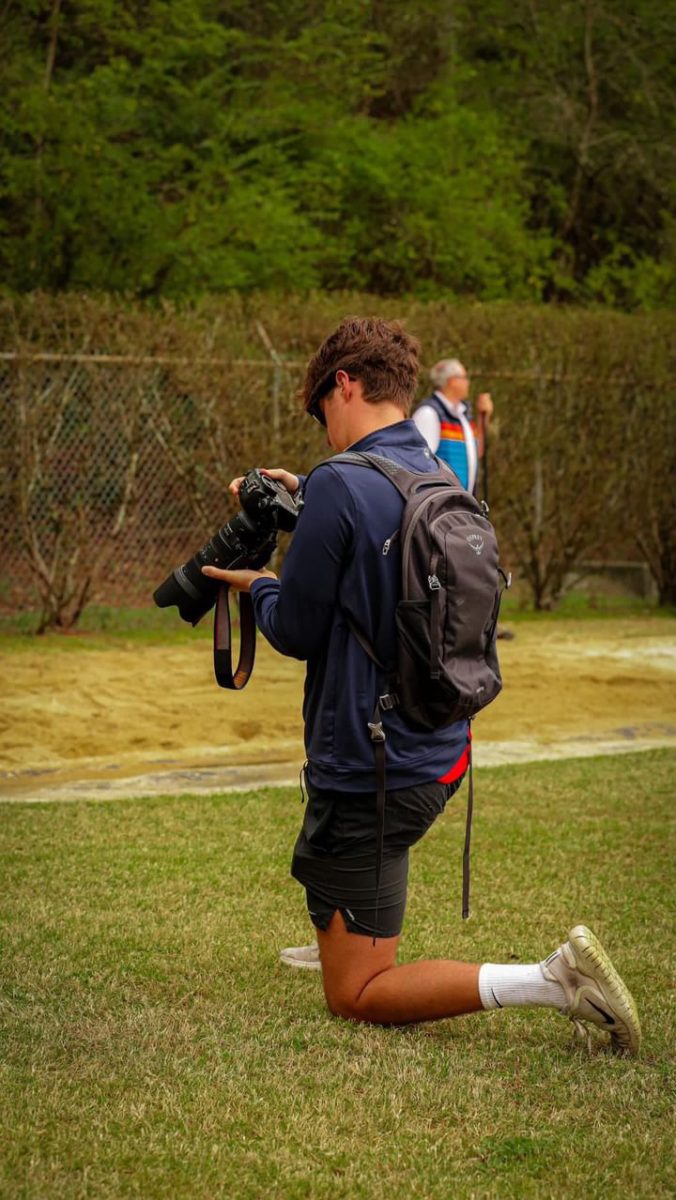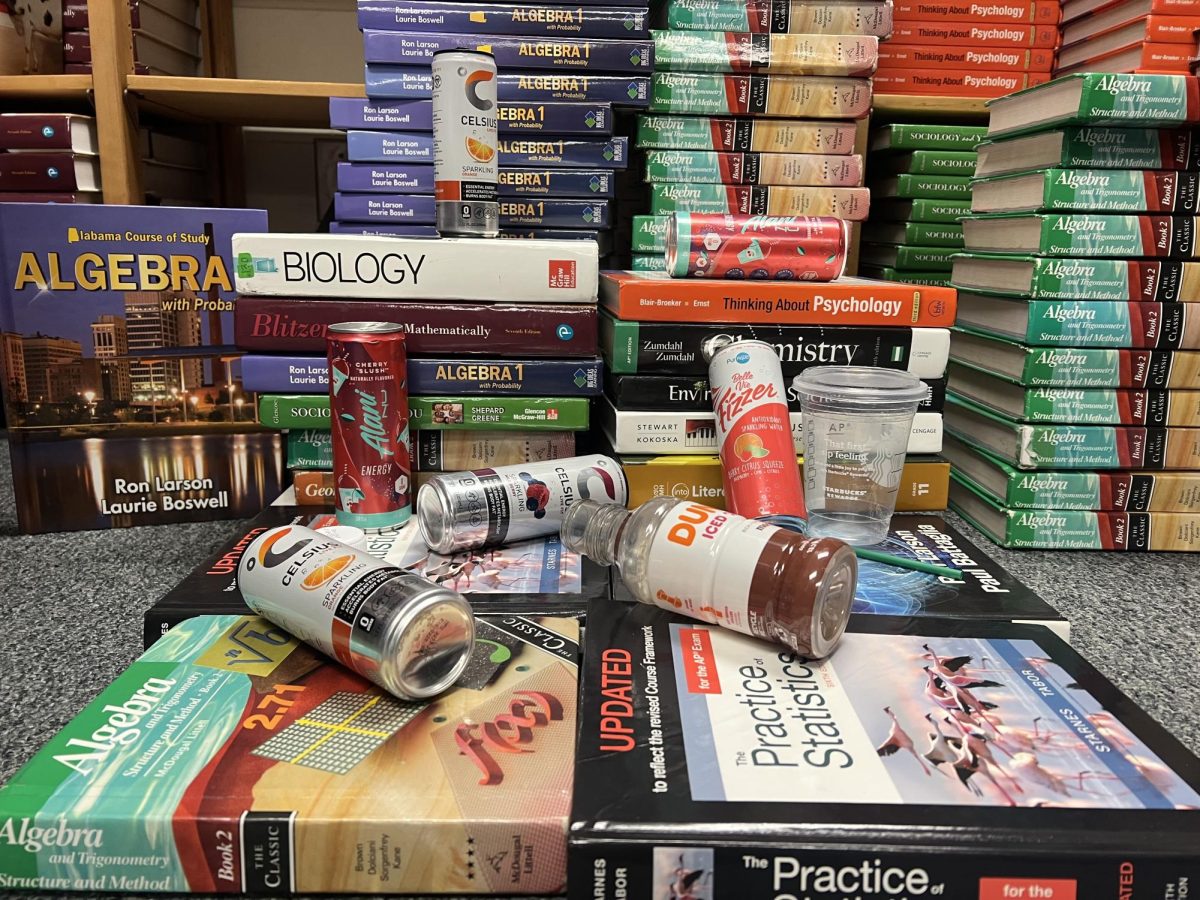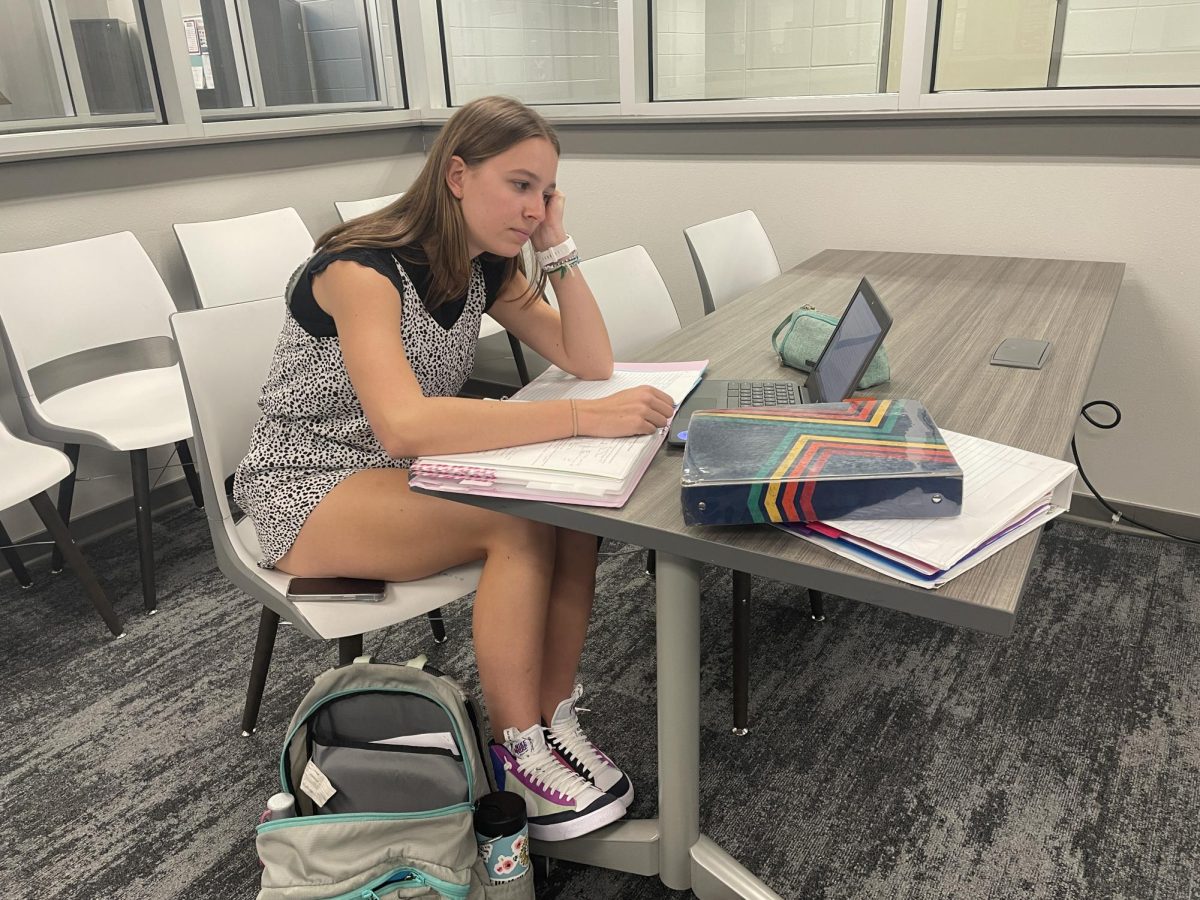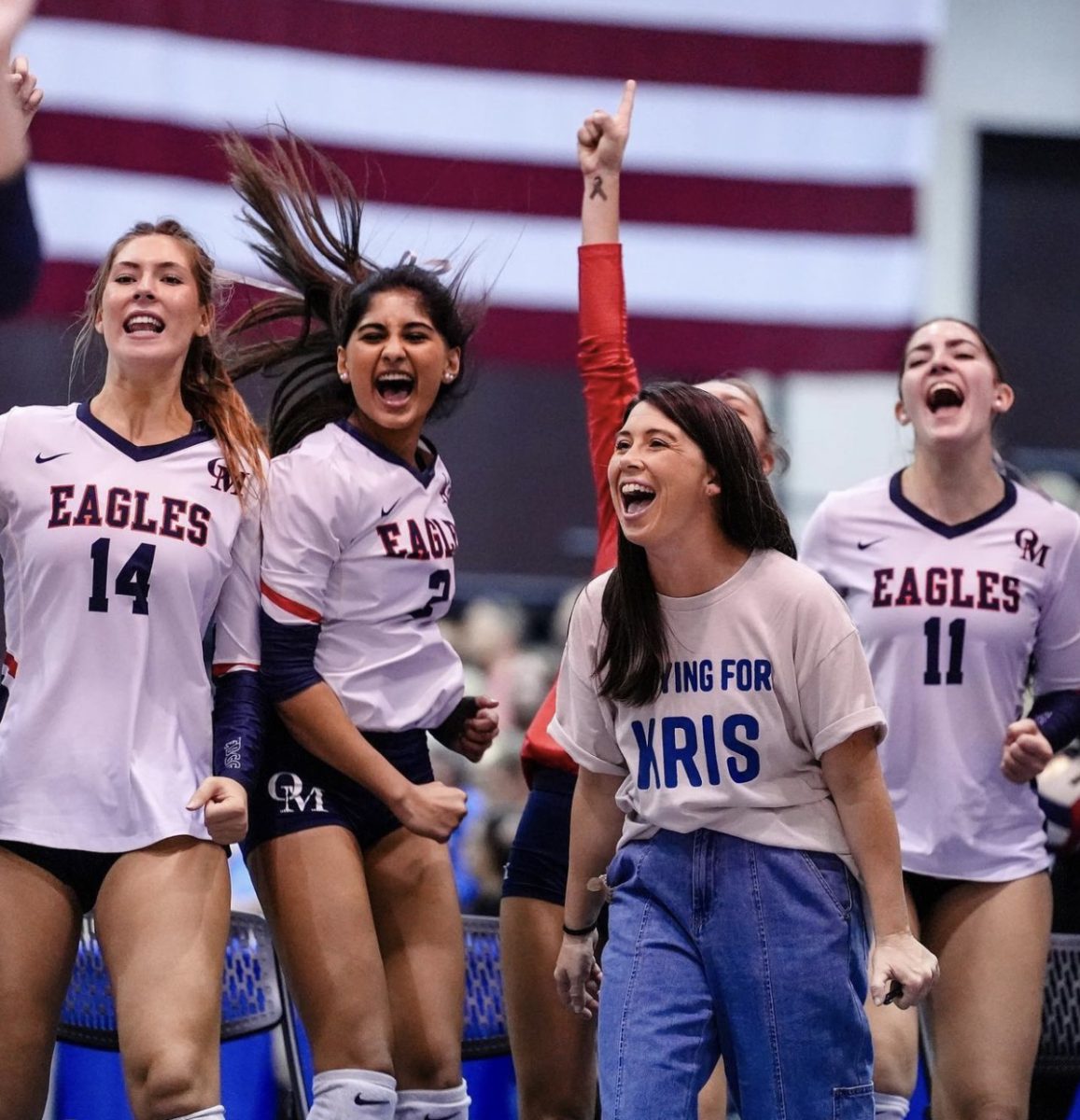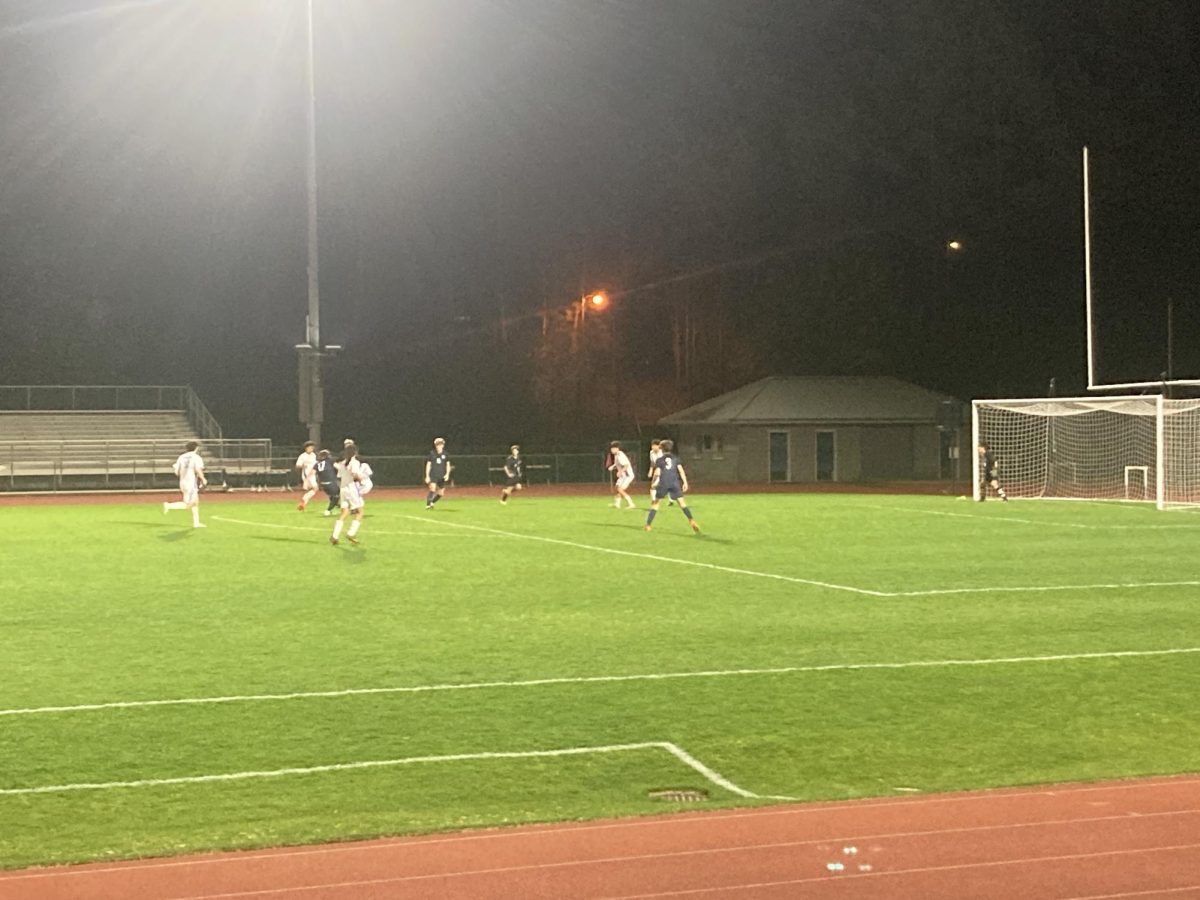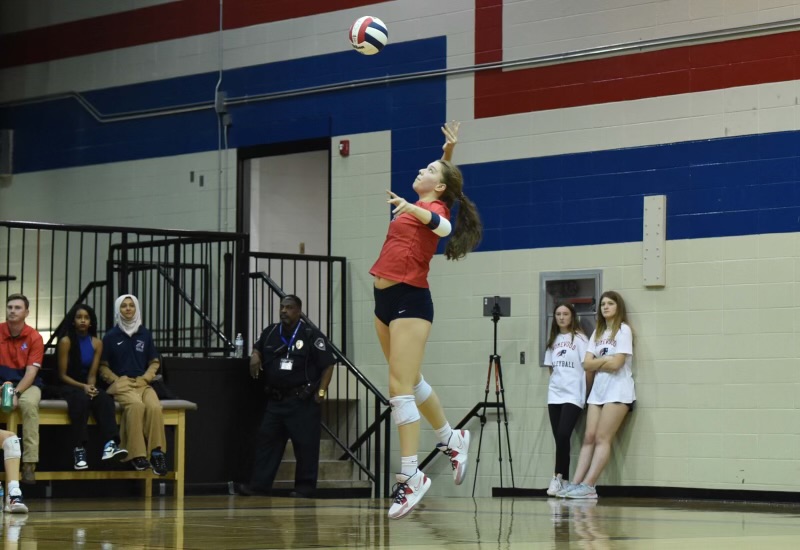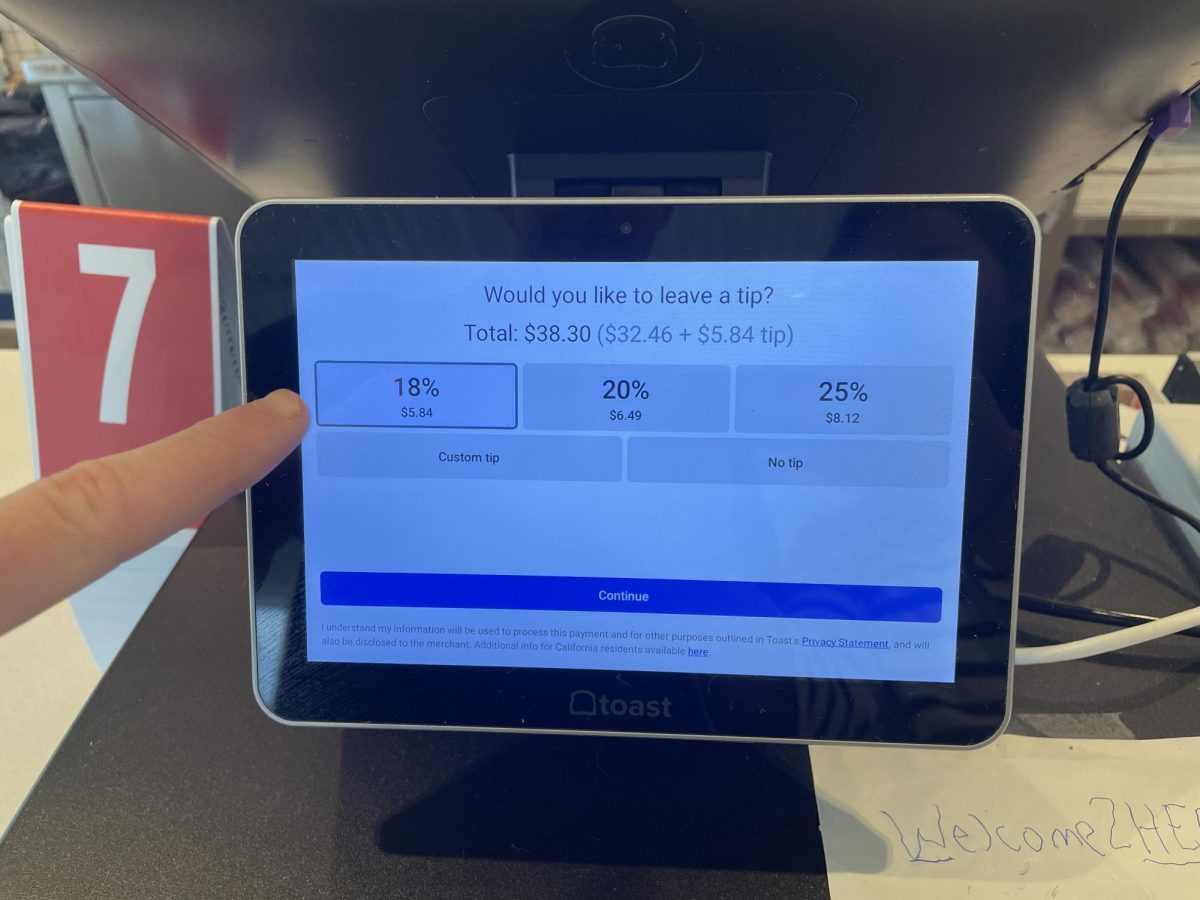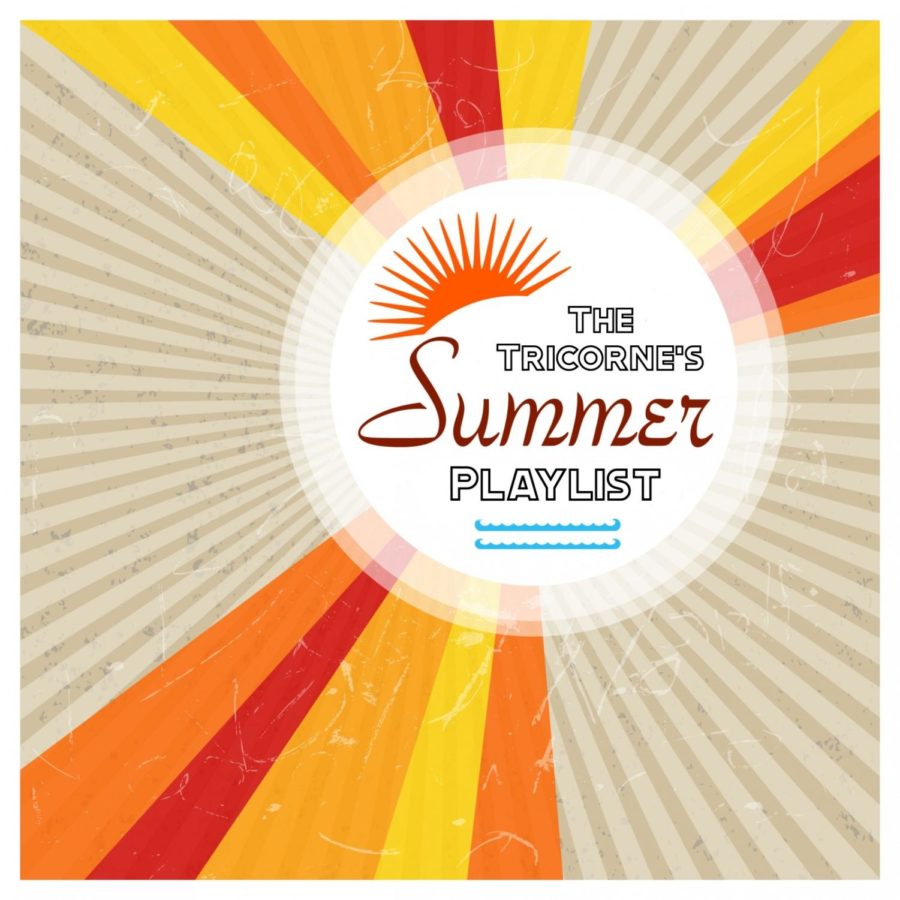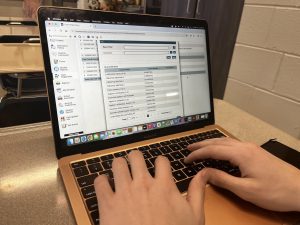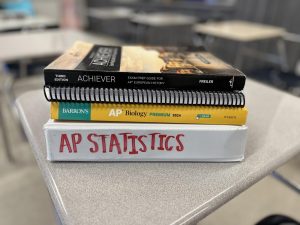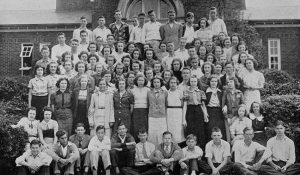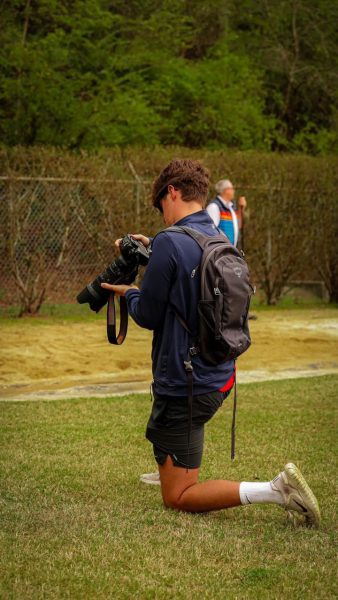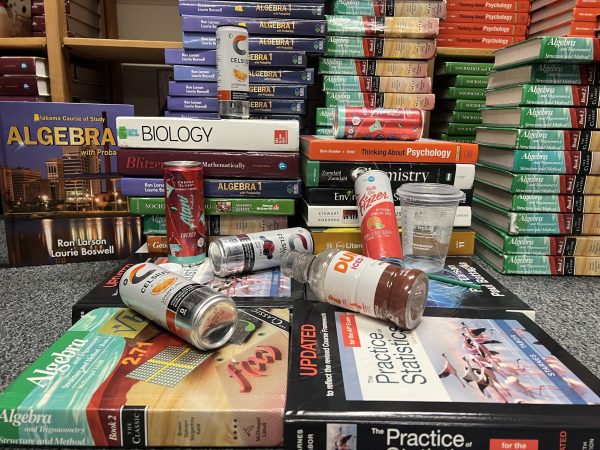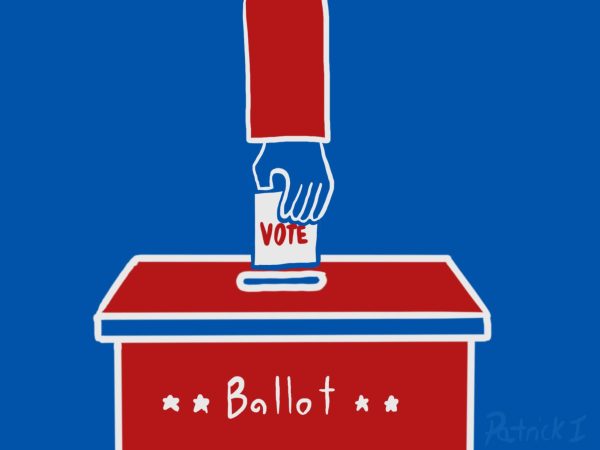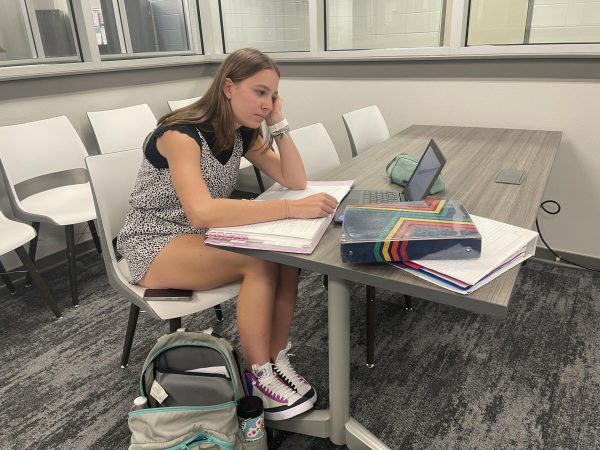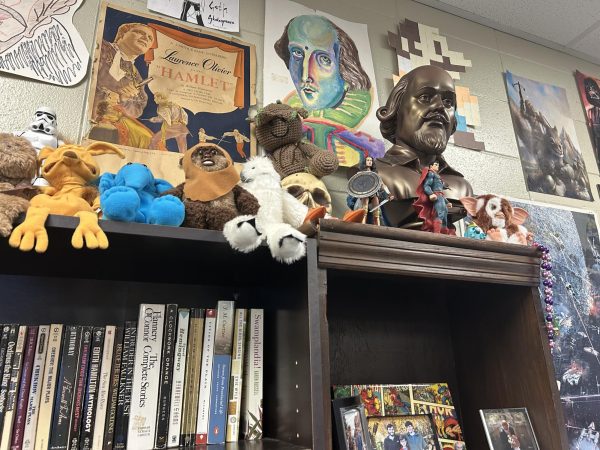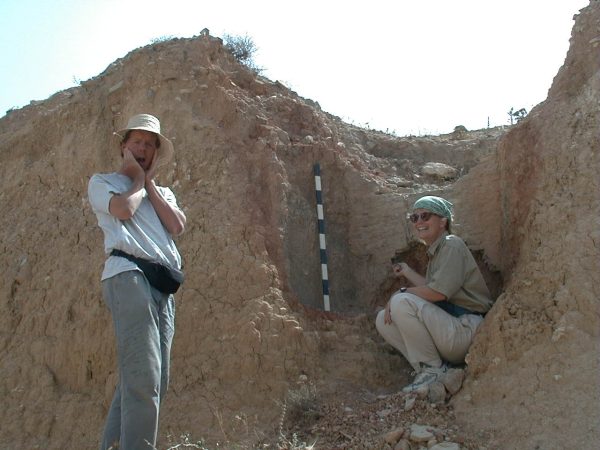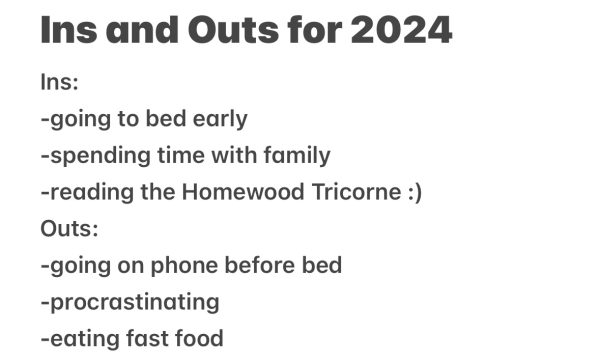AI prompts change to school’s approach to technology
February 2, 2023
As technology continues to advance at a rapid pace, schools are forced to adapt to changes in technology 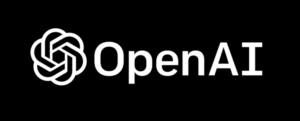
Chatbots like ChatGPT are interactive sites that use artificial intelligence to read and respond to any question or task the user requests. They have various applications and can do more than one might think. It can do simple things like math or answer easy questions answerable by any search engine.
It also can write songs, write code, explain complex topics, hold conversations, and even create original jokes. The most alarming part for schools is the ability to write well-written papers that are hard to detect when someone has used a chatbot.
Schools forced to react to this new software can either block chat bots entirely or implement them into learning. Some schools are experimenting with how AI can aid students in their learning.
“We are looking at it more as a tool for how you can use it to better your writing instead of replacing your writing,” said Technology Specialist Kristen Clark.
It is a consensus of teachers that students have and will find ways to cheat, but that it is the educators’ job to teach good habits and promote proper ways of using these tools in the classroom.
The most common way schools promote using AI is by using chatbots to create an outline for students writing when stuck and in need of something to get them started.
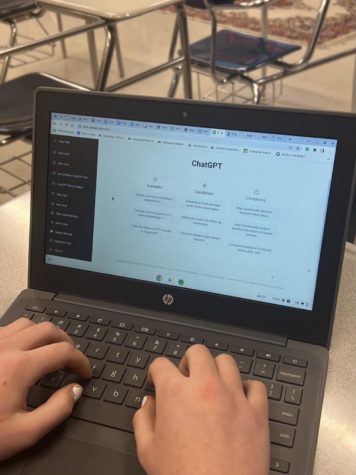
Currently, no software can confidently catch Chat GPT in writing; however, Clark pointed out that if a teacher is very familiar with her students’ writing, they can easily differentiate original work from that of the bot’s typically bland style.
Though, as more AI tools are born and the existing ones improve, they will become harder to catch. There are many reasons why administrators would try to stop all use of the tools, although some would say it is a disservice to the students not preparing them in the correct ways to use these tools that will be very prominent in the future.
Trying to block these sites would be very difficult, but for use in school, there would have to be several precautions before the tech department can allow teachers to use a website.
For example, technology specialists have to look into many things when deciding if sites are blocked or allowed; they look at the user agreements and privacy policies, which was the most severe issue with ChatGPT.
Its user agreements state that to make an account, one has to be 18 years or older, which conflicts with its use in school. Specialists would also have to look at where students’ data is stored and if it is growing their digital footprints for reasons other than educational.

